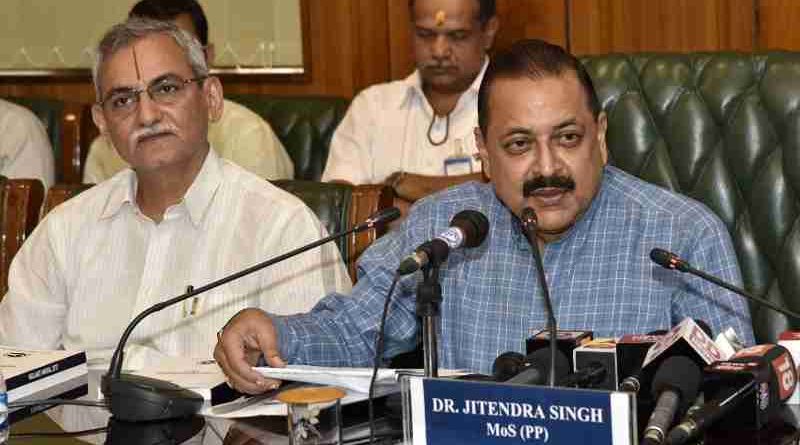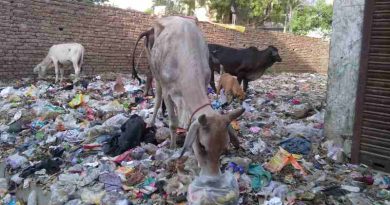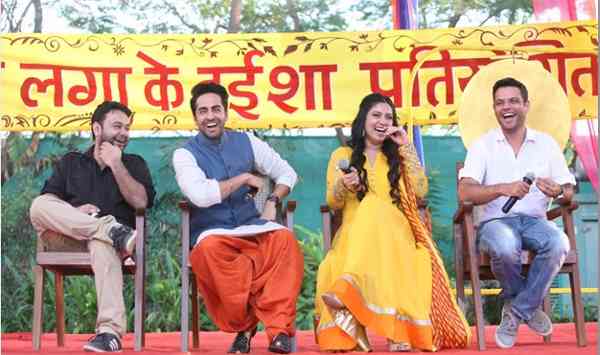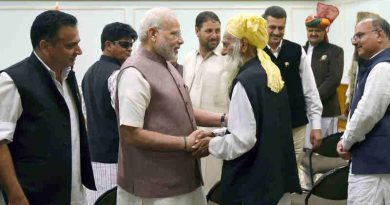12 Steps to Deal with Corruption in India

12 Steps to Deal with Corruption in India
While dereliction of duty is also a crime, the inefficient and delinquent officials must be indicted and suspended from their jobs.
By Rakesh Raman
Today, no government in India is willing to stop corruption because it has become the lifeblood of Indian bureaucrats and politicians. However, in order to avert a situation of imminent civil unrest because of corruption in the country, the judiciary and law-enforcement agencies must take the following 12 preventive steps – at least.
1. As today’s online interfaces for public to file corruption complaints are very weak and ineffective, robust technology-based online interfaces must be established to monitor and address the corruption complaints in a time-bound manner.
2. The services of government officials who are slow in response to the public or who are not following the statutory procedures must be terminated immediately.
| Download All Issues of The Integrity Bulletin | |||
| October 2018 | November 2018 | December 2018 | January 2019 |
| February 2019 | March 2019 | April 2019 | May 2019 |
| June 2019 | July 2019 | August 2019 | September 2019 |
3. When the prima facie case is established and any inquiry is ordered, the corrupt government officials must be jailed for their criminality while the onus should be on them to prove their innocence.
4. The members of public who complain against corruption should not be harassed by asking them to furnish documentary evidence because no documentary evidence is required in white-collar crimes such as fraud or corruption. Only circumstantial evidence in terms of non-compliance of statutory procedures should be enough to prosecute and punish the wrongdoers.
5. As it is not possible for most complainants to approach the conventional courts, it is the responsibility of the administration (politicians and bureaucrats) to provide speedy justice to the suffering people. This should be part of the essential governance.
[ Report Corruption in Delhi Housing Societies to Clean House ]
6. While dereliction of duty is also a crime, the inefficient and delinquent officials must be indicted and suspended from their jobs.
7. The government has no right to show a public complaint as disposed of by simply sending it to some other department or giving a perfunctory reply to the complainant. A complaint can be disposed of only when the justice is fully delivered as asked by the complainant.
8. A single case of corruption can harm hundreds or thousands of lives. Therefore, in the courts, corruption should be considered equivalent to crimes such as culpable homicide, attempt to murder, or even murder in some cases.
9. The names of government officials and politicians who are facing any kind of corruption inquiry must be openly put on exclusive websites created for each state and central government offices.
10. In order to ensure transparency of inquiries, all the communications exchanged between the accused and the inquiry officers should be made publicly available on the websites.
11. The hearings in corruption cases of bureaucrats and politicians must be on-camera public hearings which must also be live-streamed in real time.
12. In extreme cases of bureaucratic and political corruption, public execution should be the punishment for the culprits.
By Rakesh Raman, who is a national award-winning journalist and social activist. He is the founder of a humanitarian organization RMN Foundation which is working in diverse areas to help the disadvantaged and distressed people in the society. He also creates and publishes a number of digital publications on different subjects.





